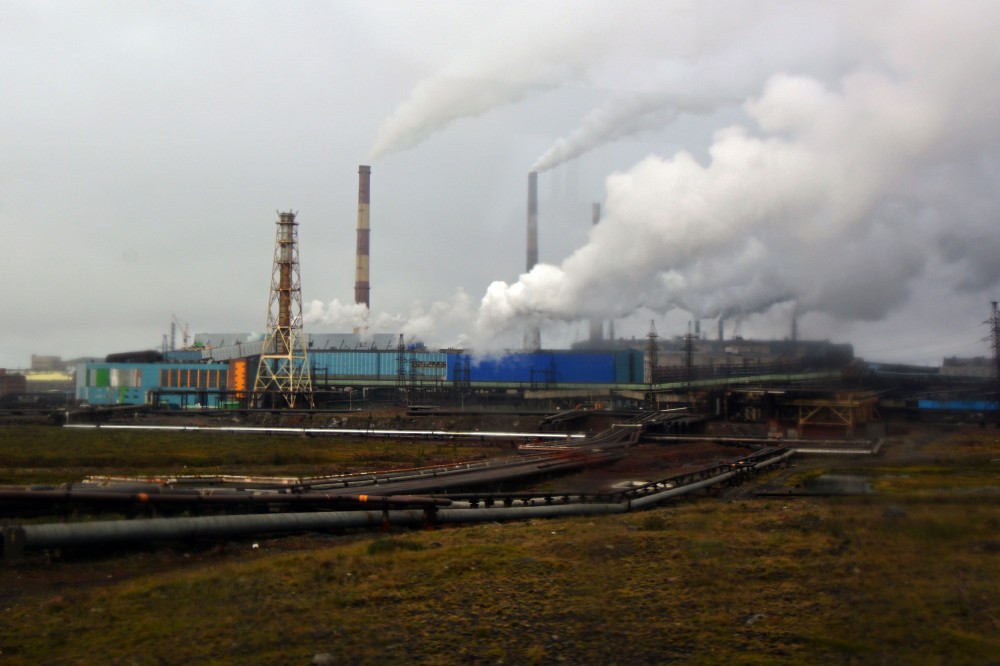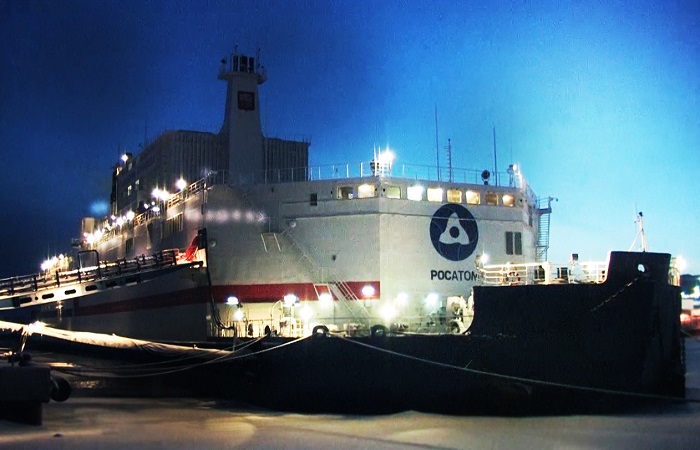Russian nickel miner wants nuclear power for Arctic plant

A memorandum of understanding was this week signed by Nornickel owner and CEO Vladimir Potanin and Rosatom General Secretary Aleksei Likhachev. It outlines the building of a small-scale nuclear power station in the far northern industrial city.
“Nornickel and the Norilsk Industrial Region is developing and in that connection we need more electric power after year 2030,” Vladimir Potanin underlines in a comment.
Norilsk is not connected with the Russian national electricity grid and therefore depends on autonomous power generation. Today, the local energy system is owned and operated by Norilsk-Taymyr Energy Company, a subsidiary of Nornickel.
In 2020, a fuel tank collapsed resulting in the spill of more than 20,000 tons of diesel into local lakes, rivers and tundra lands. The company subsequently had to pay an unprecedented fine of 146,18 billion rubles.
Among the alternatives to be considered by Norilsk and Rosatom is the building of a floating unit similar to the Akademik Lomonosov station in Pevek. The Akademik Lomonosov has two KLT-40 reactors, the same units used in Russia’s former Arktika-class of nuclear-powered icebreakers. More power stations of the kind are under development.
According to Rosatom, several small-scale NPPs are planned built in the Chukotka area in connection with new mining projects
Norilsk has a population of about 175,000 and is company town of Nornickel. It is one of the world’s most polluted cities.
Located in Kirkenes, Norway, just a few kilometres from the borders to Russia and Finland, the Barents Observer is dedicated to cross-border journalism in Scandinavia, Russia and the wider Arctic.
As a non-profit stock company that is fully owned by its reporters, its editorial decisions are free of regional, national or private-sector influence. It has been a partner to ABJ and its predecessors since 2016.
You can read the original here.
